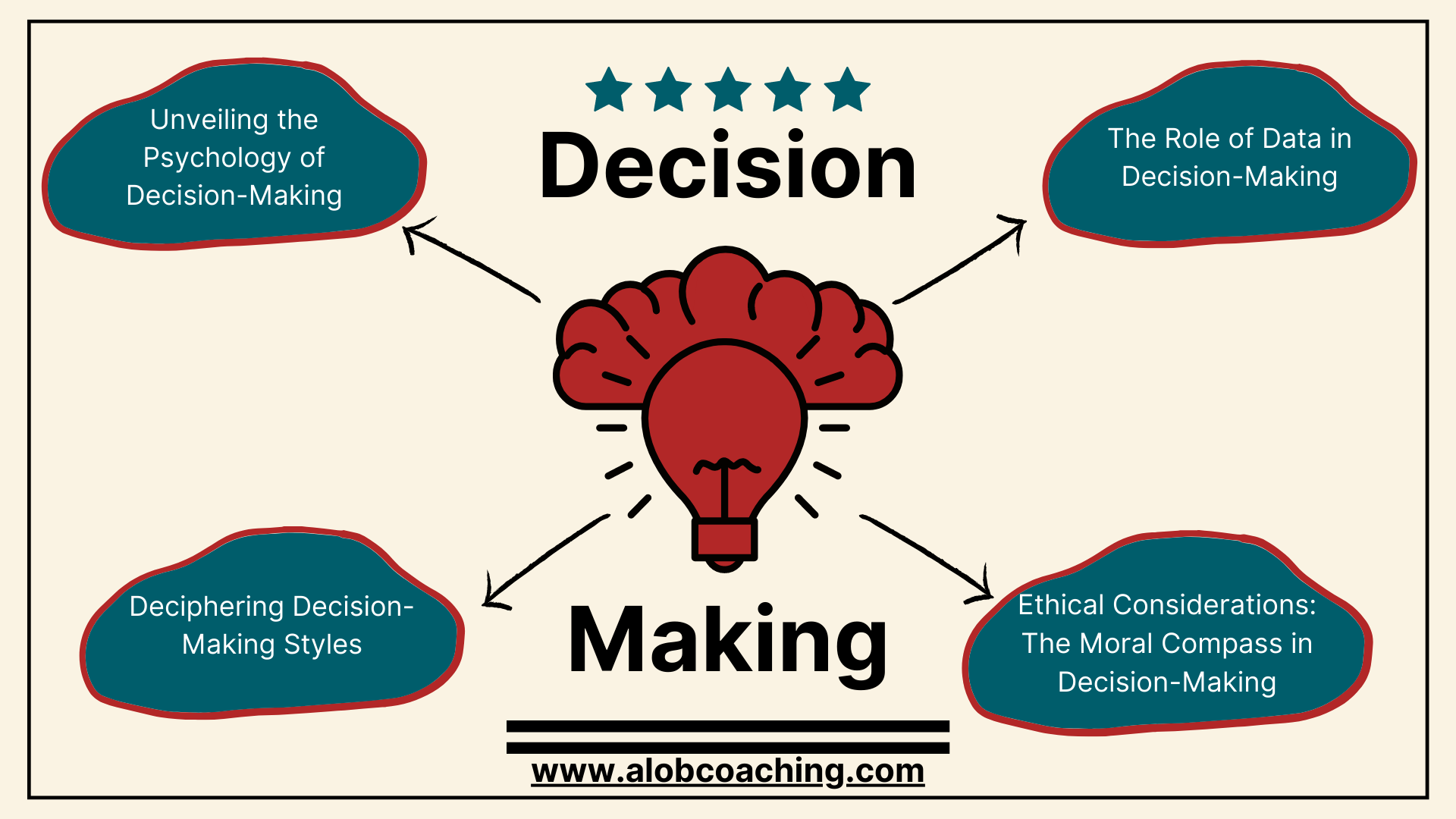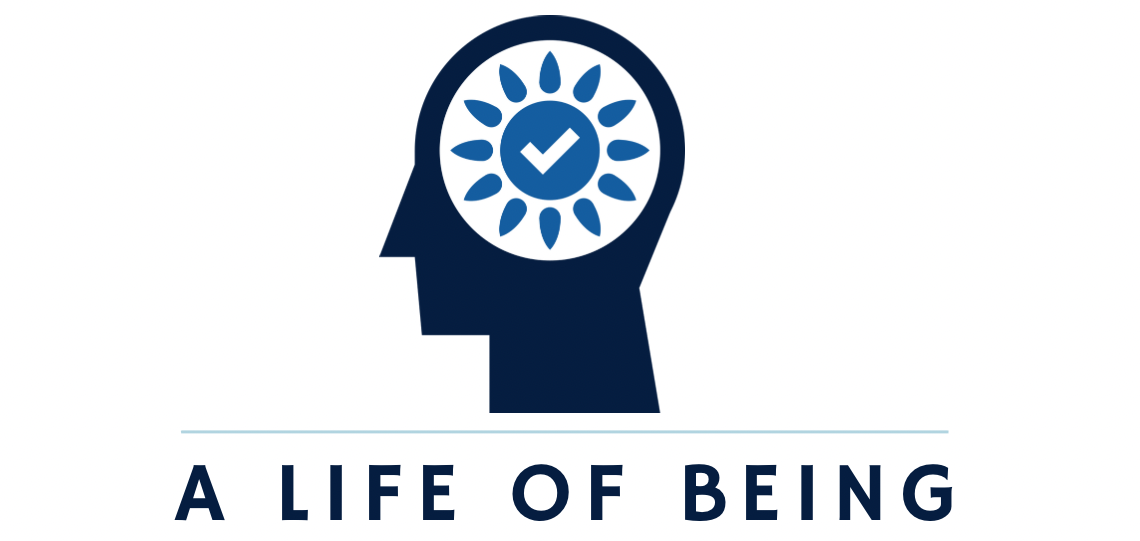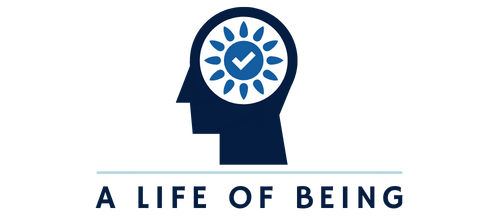67% of Employees Are Disengaged at Work. 7 Ways to Increase Engagement through Stress Reduction
According to a report from Gallup, 50% of North American workers say their stress levels are higher than last year.
Most employees are stressed out at work.
According to a report from Gallup, 50% of North American workers say their stress levels are higher than last year, and only 33% of employees feel engaged in their jobs. Of those who experience stress, 58% are under 40, and over half are female. This number has increased over the past three years as well.
Stress isn't just a problem for workers; it's also bad for business. Persistent stress can lead to disengagement and burnout among your team members, affecting your revenue and other metrics like customer retention rates. Fortunately, decreasing stress levels is possible—and it doesn't require intervention programs or training sessions. However, if you would like to save yourself the time of trial and error, schedule a call to learn more about our sustainable stress reduction programs.
Persistent Stress Can Lead to Disengagement, Burnout, and Less Revenue For Your Business
If you're reading this, you're probably aware that stress significantly contributes to burnout. But did you know that it can also lead to poor performance, absenteeism, and lower productivity?
All of these things have a direct impact on your business's profitability and growth.
If people don't feel like they're in optimal mental health at work—if they feel stressed out or anxious, are not eating, or are skipping breaks—they'll struggle to get their best job done. This means less revenue for your company and more time spent trying to fix the problem instead of generating revenue or creating new ideas.
Reducing stress levels will improve individual employees' well-being and help prevent costly mistakes. That might cause damage to your business reputation as well as financial losses due to lower productivity rates among employees who are under high levels of stress (and there may be more than just one). Don't succumb to burnout. If you're reading this, it is up to you to try and make the change.
Decreasing Stress is Possible
Stress is a normal part of life. It's the body's response to change, allowing us to perform better in stressful situations. However, stress can also be a bad thing. If you find yourself stuck in traffic, dealing with an annoying coworker or partner, or even facing a deadline at work, individuals can begin to stress for no reason other than being in your way. In cases like these, stress is not helping; it's hindering your ability to handle tasks effectively and efficiently by creating additional work for yourself as you try to navigate around it (like trying not to get caught up in traffic. Don't bob and weeve. Don't be that person).
How do we manage this? For the rest of the article, I will share seven ways to reduce stress at work and in life. I hope these will help you manage your company's focus and reduce stress levels.
How to Reduce Stress at Work
Stress is a normal part of life. It can be positive or negative, and it's not always bad. Given the movement of 'quiet quitting' and the ongoing struggle to motivate employees, we want to provide you with 7 ideas to improve motivation and decrease stress in the workplace. For immediate help on this issue make sure to download our free resource on improving employee motivation.
The stress response is a good thing; it helps us to respond to threats by increasing energy, boosting our attention and awareness levels, raising heart rate and blood pressure, and releasing adrenaline into the bloodstream, which prepares us for fight or flight. This response is an evolutionary adaptation designed to help keep us safe by giving us extra energy when facing challenges or threats. However, if we are not meeting the challenges and dangers that flight-freeze-fight prepares us for—if there is no need to fight or flee—the stress response can still be activated. When this happens, our bodies are flooded with stress hormones even though they're unnecessary, with several side effects; muscle tension, headaches, and difficulty sleeping and concentrating. Long-term exposure to stress can also lead to an increased risk of burnout and terminal illness.
When using the below ideas to reduce workplace stress, it's important to remember that this is a process and not an overnight fix. It may take some time before you notice any improvements, but the more you practice these techniques, the better they'll work for you.
Be compassionate and understanding towards yourself. Start looking at how stress serves you in your life by helping to build character, resilience, and resourcefulness. The goal isn't to eliminate stress but to use it as a source of strength that enables us to overcome life's challenges with courage and poise!
1. Delegate Tasks Effectively
When delegating tasks, it's important to remember that you can increase employee engagement and productivity by giving employees the right kind of work.
When delegating:
- Bringing people who are experts in different areas will result in better work.
- By finding the right person for each job based on their strengths, your company and its customers will benefit from higher-quality products and services. -Delegation is a great way to get things done without putting yourself under constant pressure from deadlines.
- It's essential to give your subordinates autonomy over their work—and the opportunity to make mistakes—rather than avoid delegating altogether because you're afraid of what might go wrong
2. Stay Connected With a Coach
Another way to reduce stress and improve your engagement is to connect with a positive psychology coach. A coach is a professional who helps you identify ways to improve your business and develop plans to achieve goals. They can also help you manage time, priorities, resources, and relationships effectively. The overall goal of coaching is to improve performance.
If your business has plateaued, or if it's just not growing as fast as you had hoped it would be by now, talk to someone who will provide you with an objective view of what is holding back your success. Having someone else in the mix can often make all the difference in figuring out what needs changing and how best to implement those changes.
3. Exercise Regularly
Exercise should be considered a must to stay happy, healthy, and engaged at work. Not only does regular exercise help reduce stress, but it also improves your sleep, thinking, and productivity. It doesn't have to be powerlifting at the gym 2 hours a day, but think small of how you can get up, boost your heart rate, and move your body.
It's not just physical exercise either. Mental exercises such as learning something new or challenging your brain with puzzles are linked to better moods too.
4. Organize Your Workspace
Organizing your workspace can help reduce stress and make you more productive. Try these tips:
- Clean up your desk. Clutter can lead to stress, so keep only what is necessary on your desk and eliminate the rest.
- Organize files and folders in a way that makes sense to you. For example, if you are trying to find a file or folder, it will be much easier when they are all organized in the same place rather than randomly shuffled together.
- Sort emails by category with different folders (personal and work emails). This will make it easy for you to see what emails need attention first since they won't be mixed together in one big inbox filled with spam messages and promotional offers from companies that sell products similar to those sold by other companies (but not exactly like them.....it can get overwhelming!).
5. Get a Good Night's Sleep
Sleep is essential for physical, mental, and emotional health. It directly correlates with physical, mental, and emotional stress.
Sleep deprivation can increase the risk of high blood pressure, heart disease, and diabetes. A lack of sleep can also cause your body to produce more elevated stress hormones that interfere with your ability to process information. Sleep helps us recover from the stressors of our day, so we can better focus on tasks the next day.
6. Take Breaks to Recharge
Taking breaks is an essential component of reducing stress and increasing engagement. Taking a break allows you to reflect on your day, clear your mind, and recharge for the next task. It's also an opportunity to get up and move around, which can help increase energy levels.
There are many benefits of taking regular breaks at work, including increased productivity and better decision-making! Research shows that people who take short breaks throughout their workday are more focused than those who don't take any breaks!
Here are some positive psychology tips on how to incorporate taking more frequent short breaks into your daily routine:
- Schedule breaks into your day.
- Take a walk around the block, talk with a colleague or friend, or do some stretches at your desk.
- Focus on something else for a few minutes: listen to music, read the news headlines or check out what's happening on social media.
7. Learn to Say No
One of the most important things you can do to reduce stress and improve engagement is learn how to effectively say no. It's easy for people who don't work in an environment where they are constantly being asked for more than they can handle, but it's essential for anyone who does. Don't be afraid of saying no—it may help you avoid burnout and make you a better worker overall! Here are some tips on how:
- Say it early: If something is not in your job description or won't help you achieve your goals, say so immediately! This will prevent any problems from arising down the road when those tasks become due and expected.
- Instead of saying 'no' or 'I can't, say "I'm not sure if I can help, but I'll look into it and get back to you." This way, you're giving yourself time to consider your options without being pressured into taking on a new task.
When employees feel overwhelmed, they lose focus, and productivity suffers.
This can be detrimental to your business because you're losing time and money that could have been spent more productively. Stress also severely affects your staff's health and happiness, diminishing work-life balance and decreasing job satisfaction. The average American takes 7 hours a day for sleep each night; this leaves about 16 hours per day for working or doing other tasks (like commuting). When we consider how much time and effort is required to run a household, raise children, pursue an education or career path, and stay healthy—not to mention having personal interests of our own—it's no wonder life feels so stressful.
Companies must take steps toward reducing stress. As you can see, there are many ways to reduce stress at work. Whether you're looking to try a quick fix or want to take a more holistic approach, we hope this article has given you some great ideas on how to do so. Remember that there is no one-size-fits-all solution, so it's essential that you choose the proper techniques for your team and business needs. With these tips in mind—and by implementing them into your daily routine—you will be able to feel more energized, less overwhelmed by tasks at hand, and more engaged with your coworkers!
We know how stressful the workplace can be. To help you cope with this, we offer coaching programs that increase productivity and time management—while reducing stress in the workplace. Click here to learn more!
The Blog


a b c d e f g h i j k l m n o - Do not remove from template!!! it is important to support different fonts



